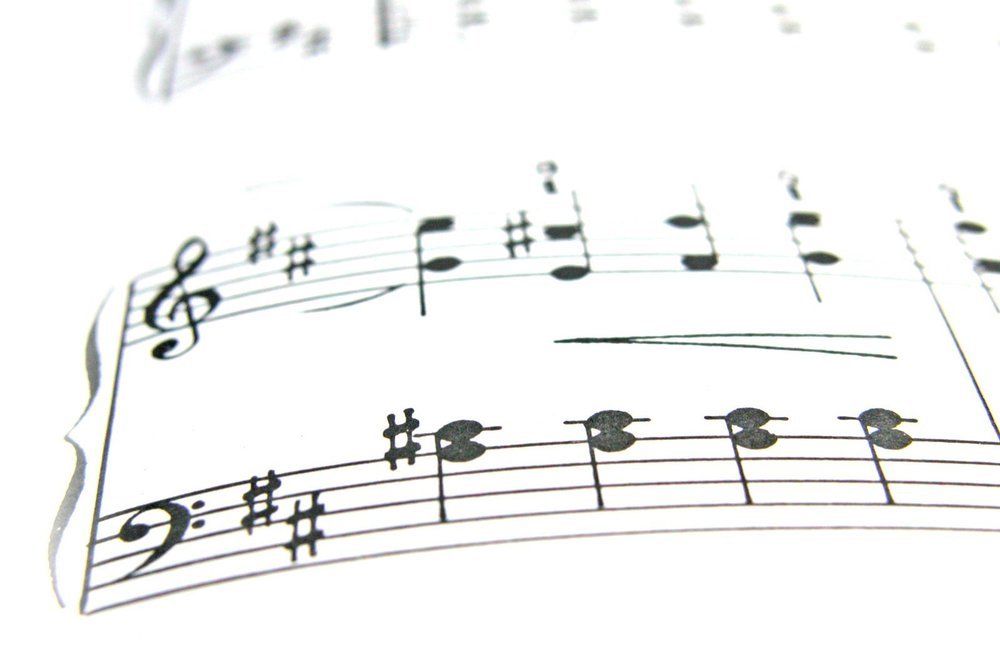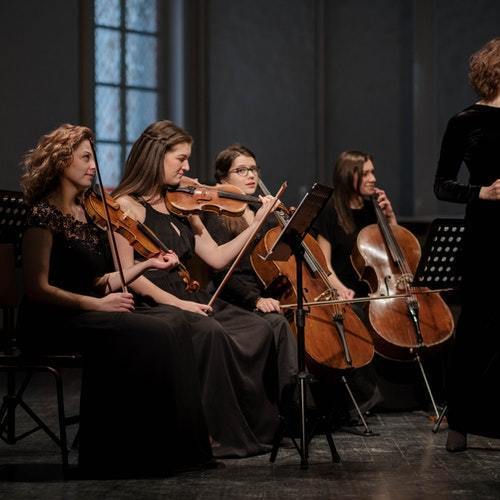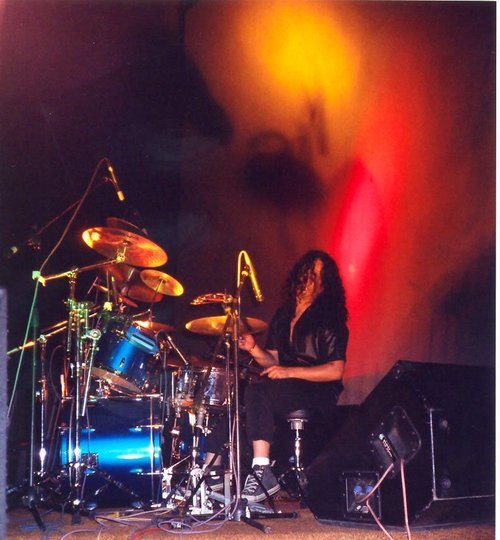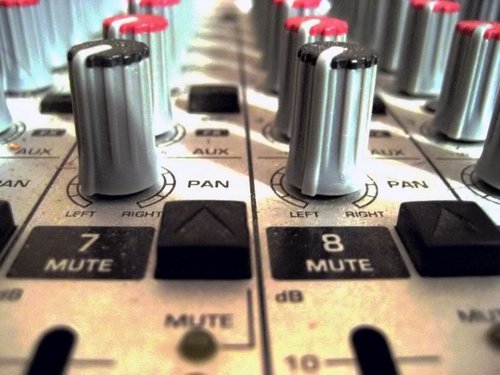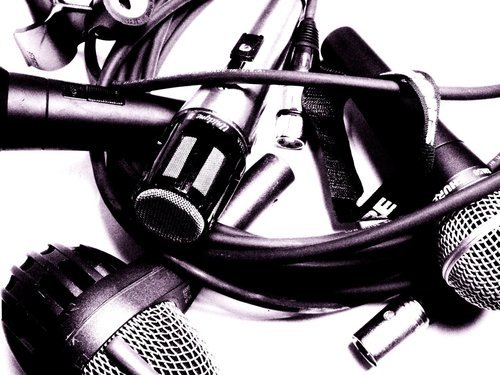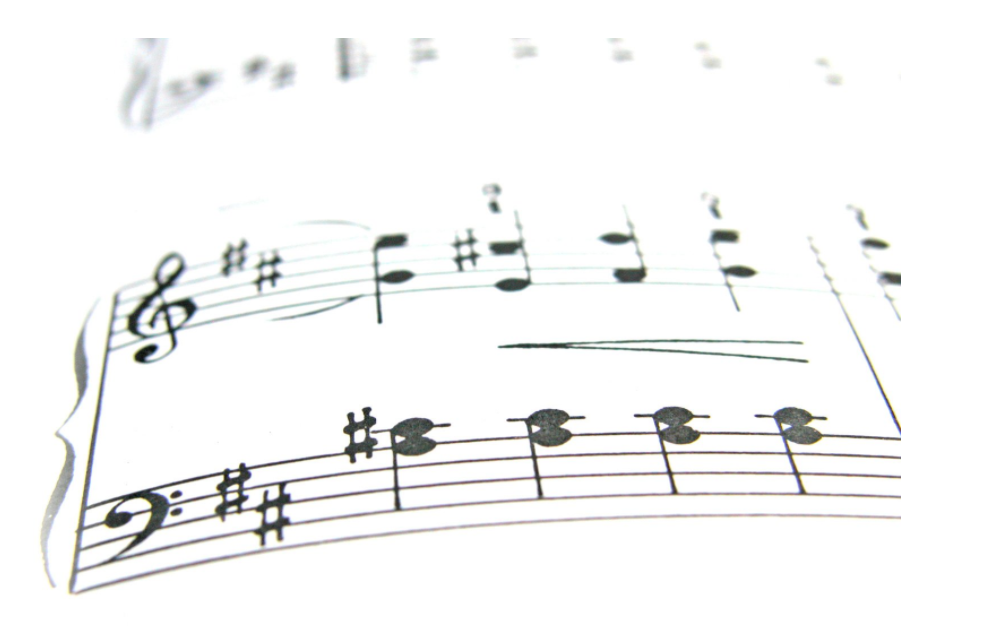Lamps have long been an inspiration for song lyrics. Who can forget “Lamplight,” the 1970’s smash hit for David Essex, or “Burning of the Midnight Lamp” from the famous Jimi Hendrix album called “Electric Ladyland?” Further examples are “Lava Lamp” from Duran Duran and the 1969 pop classic from the Bee Gees entitled “Lamplight Keep On Burning.” These songs show that lamps are important for lyric-writing and as a form of artistic expression that creates great musical moments. However, the most common use of lamps is as a means of lighting our homes and providing design accessories to enhance the decor. If you have a great lamp, then you need to look for a lampshade with a unique design and a touch of class. Have a look at the Royal Design website.

Lampshades From Royal Design
Any style of decor will benefit from the addition of a lampshade that complements the existing color scheme. Royal Design offers a wide range of lamp shades from some of the best European designers around the world. Featuring lamp coverings from Georg Jensen, Broste Copenhagen, House Doctor, and La Lampe Gras, to name a few. Each designer adds their own unique style and elegance to their lampshades. Whatever your requirements are, you are sure to find something that meets your aspirations at Royal Design.
The lampshades come in a variety of materials such as:
- Jute
- Natural materials
- Plastic
- Iron
- Cotton
- Glass
- Cardboard
- Jute
Many different styles are on offer ranging from shades inspired by the artwork of William Morris from 1883, Swan Lake, tigers, boudoirs, and sequins. There is something for everyone in the sumptuous, unique collection of lamp coverings. A choice of materials and 27 colors will be sure to add to and enhance any form of interior setting. It covers shades for wall lights, table-lamps, free-standing lights, and ceiling lights. There are over 100 designs to choose from to satisfy even the most discerning customer.
Summary
Lamps and lights have a close association with singers and musical performers when influencing their song and lyric writing. There are even lampshades inspired by musicians such as The Beatles. However, for a collection of the best designs around, check out the selection offered by Royal Design. You won’t be disappointed, and it might even inspire you to write your own song or lyrics.
If you are a professional YouTuber or you work in the entertainment industry, you will know how essential the music choices are. The right soundtrack will add the right atmosphere and mood to any kind of video production, from documentaries and short films to video tutorials or reviews.
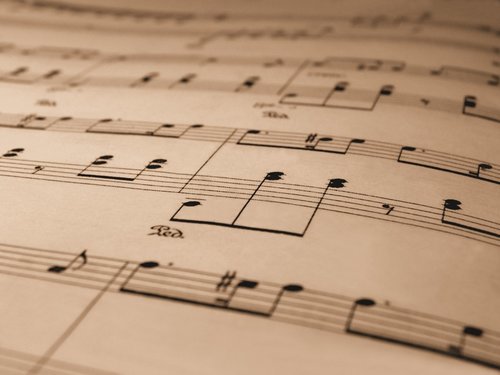
How to Add Music in Your Videos
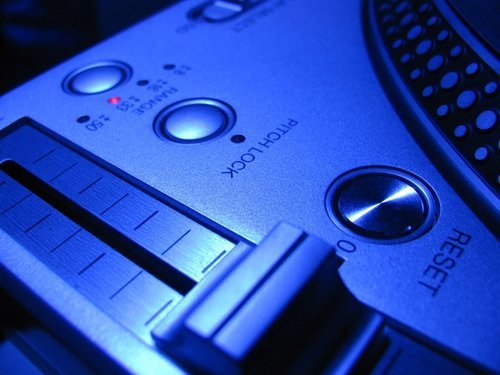
If you’ve recorded your material with a camera, you will have to import the video to a piece of software that can handle video and music on separate tracks. There are many options on the market. Some of this software is free or come with the pc’s software bundle, like Microsoft’s Video Editor for Windows 10. If you want professional results, you should look at programs like ProTools or Final Cut, which are harder to use but are up to the standards of the best productions.

If you want to include a soundtrack, you have two options. If you are a music producer, you can compose an original song. The other option is using pre-recorded material, like songs and instrumental pieces. You can visit the extensive libraries of websites such as Snapmuse to find the right inspiration. Don’t forget to include a track for sound effects, to give the right accent to specific parts of the video.
Tips and Practical Examples
A video production usually involves music, speech, sound effects and footage. You have to be prepared to undertake the editing of the footage first, taking into account that if a person is talking in the video, the speech has to be accurately synchronized, when recorded on a different type of gear (for example an external microphone).
Then you can start to add the music. If you choose to have background music, you will have to automate the volume, so that it rises whenever there is no speech, in radio-style fashion. This particular type or production effect is called a ducking effect. It can be carried out manually (which is a bit hard) or through a software’s plug-in (best choice). This effect is applied to the music and basically compresses it whenever another signal (for example, voice) is present. It is commonly used in commercials, documentaries, but also dance music.
If you are producing a short video, you can be inspired by composers of music for film. Try to listen to some great soundtracks, like the ones written by Ennio Morricone, Angelo Badalamenti or Lalo Shifrin. You are going to notice how they masterfully adapt music, tempos and arrangements depending on what happens on screen.

Music producers are often little known in the music industry. Fans give most credit to musicians and often do not realize the great work done by music producers. Producers often work closely with musicians in all music projects.
They are normally tasked with the process of gathering different ideas for certain music projects. These ideas are used in the writing of the song. Producers also compose beats for different music projects.
They are also tasked with selecting the song which the y would like the musician to work on at a certain time. They also have to arrange sessions that musicians should observe while visiting the studio. The producer should also take control of the music session arranged.
y would like the musician to work on at a certain time. They also have to arrange sessions that musicians should observe while visiting the studio. The producer should also take control of the music session arranged.
The music producer should be keen while producing a song and watch out for mistakes. They are tasked with making changes in a song where necessary. They are given the freedom to change the arrangement of words in a song or even change the beats to a more suitable beat.
Producers may train an artist they are working with. They can also coach other musicians working in the same studio.
Music is one of the world’s most popular cultural activities. General definitions of this incredible art form incorporate common factors including the sonic qualities of texture (which is often referred to as the “colour” of sounds); dynamics (softness and loudness), rhythm (along with its connected concepts of articulation, meter and tempo), and pitch (which regulates harmony and melody).

The Different Styles

These include vastly different forms of music which can de-emphasise, emphasise, or completely do away with a number of the elements mentioned above as shown here on this great informative site. Musical performances incorporate an enormous spectrum of vocal techniques and instruments from rapping to singing, and everything in-between.

There are pieces which only consist of vocals; as well as instrumental-only pieces; and those which combine both elements. Generally speaking, musical activities are a cultural activity/art form, which includes the production of musical works (symphonies, tunes, songs, etc.). The examination of musical works using an aesthetic perspective, musical criticism; and the historical study of music.
Social & Cultural Contexts
The definition, significance, performance and creation of music is variable and classed in line with its social and cultural context. The enormous spectrum goes from impulsive expedient music such as daring forms of risk-based modern music, and jazz from the current and previous centuries, to rigorously arranged compositions, for example, classical symphonies dating back to 1700 and 1800.
Musical Genres
In the first instance, these are separated into genres (such as Country and Western), and from here, subgenres emerge. For example, pop-country and country blues). The relationships and dividing lines can, however, be quite subtle, and classed according to individual interpretation. For instance, it is not always easy to find the divide between all early 1980s heavy metal and hard rock.
Different Types of Musical Art
Within the realms of music, there are various art classifications. These comprise auditory art, fine art, and performing art. There are also very diverse public places where music can be enjoyed, such as at a musical theatre, opera house or rock concert. Tickets are not always cheap, but there is so much to see on YouTube, so there is no need to missout!
An Important Element of Life
Music spices up everyone’s lives, and we all have our own favourite genres. For most cultures, such as here in the Western world, music plays a vital role in our everyday lives and makes our days more fun. It can just mean listening to our favourite songs on our smartphones. Having music as a hobby, or even being a professional singer or musician is wonderful. And then there are countless fantastic recording artists, songwriters, and those who bring us fabulous entertainment via rock bands, jazz groups orchestras, and so on.

People often listen to music and mostly give all praise to musicians. They often forget the real deal in the music – the person behind the music production. The music producers have now started getting attention around the world. They have joined the musicians in receiving appreciation awards. Here are some of the great awarding ceremonies that recognize music producers globally.
Grammy Awards
This award-giving was first known as Gramophone Awards. The awards were and are still held every year. The best music producer award was first issued ab out fifty years ago. The award is normally awarded to the music producer who gives a number of impressive recordings consistently. The Grammy Awards are normally held in the United States.
out fifty years ago. The award is normally awarded to the music producer who gives a number of impressive recordings consistently. The Grammy Awards are normally held in the United States.
Music Producers Guild Awards
This event has now been held for about a decade. It was first held in the United Kingdom. The event is still based in the UK even after a decade. The award-giving event is used to recognize high performing music producers and also other recording professionals. Anyone who is committed to creating music and its production is encouraged to register as a member of the organization.

Producing good music is probably the dream of every musician. Modern music allows for flexibility in almost all aspects, leading to a no-rules scenario when it comes to production. This, however, doesn’t mean that it should be done aimlessly. Just like the kitchen scenario with the chef, with similar ingredients, one could either deliver a delicious dish or some obnoxious meal. Music production as well requires a series of steps to get to excellence.
Song Writing
Songwriting is the first step of the way. As easy as it may sound, this is an extremely important step. It is actually an art that involves a systematic arrangement of words into a melodious form and tune. Some artists also involve poetry in their writing. Wordplay, the use of sarcasm and humor are also features that characterize top songwriters. But with all the flexibility involved in music, even simple memorable lines could turn out to be a great tune.
Arrangement
Arrangement is the next stage. This being a little understood concept, it sometimes ends up getting neglected. This is what makes a song entertaining. It involves systemizing the words into verses, chorus, pre-chorus, and even a bridge. It is here where the appropriate instruments for every part are chosen. The voice backups are also determined at this stage. If done we ll, music at this stage could end up being melodious tunes.
ll, music at this stage could end up being melodious tunes.
Recording
Then there is tracking and editing. Tracking is the process of recording the music into something tangible. In most cases, each track is recorded separately. It is sometimes referred to as multi-tracking. Editing, on the other hand, should be done after the tracking process. It entails cutting out the unnecessary parts to leave only the sweet melody. In some cases, editing is not necessary since the recording could be flawless. The step is important and ought not to be skipped nonetheless.
Mixing
Mixing is the step that follows. This is where the final output of a song could go all wrong. It is important to have top quality speakers when undertaking this step. The instruments and vocals volumes are balanced at this level. Producing of vocals and some instruments into the left-right or surround system is also done here.
Mastering
The final stage is known as mastering. It is highly recommended to let a mastering engineer take care of this. It requires fine skills and software to do this. It is sometimes considered as part of mixing as it largely involves the final harmonization of all sounds.
Each of these stages needs to be taken seriously in order to come up with a high-quality track. Some experienced producers sometimes combine a number of steps but they never negate any of them.

The music industry has experienced overwhelming popularity over the past few decades. This has been brought about by the production of high-quality music being produced. There has also come about the emergence of production DJs who are great with the processing of sensational music beats.
There has also been a turnaround in the music industry with a rise in the audio quality of music produced. All this is made possible by the availability of great music production components. Let us now look at some of the great components used in music production.
Computer
The world is quickly advancing into a high level of technology. Everybody including the music industry is on the chase to keep up with the advancing level of technology. Computers have come out as great technological equipment which easily helps in music production. Music studios often use high-quality computers which are easily compatible with heavy software used in music production.
Microphones
This is one of the most critical tools required in a music studio. Microphones have had a critical role in the creation of music across generations. They are now being produced in different models which are of different uses in the music studios. Some of the models are used by musicians while others are used by musical instruments. Music studios are encouraged to buy high-quality microphones so as to capture the best quality of audio.
Headphones
Headphones are among the most iconic musical components that are widely used around the world. What most people do not know is that not all headphones can be used in music studios. Music studios often use closed-back headphones and open-back headphones. Closed back headphones are often used in recording music while the open back headphones are used in mixing.
Studio Monitors
These are way much better compared to other consumer speakers. Unlike consumer speakers, studio monitors are well designed to produce a great frequency so that the sound personnel can easily listen to the free flow of the music. This helps them to easily adjust the music audio to perfection.
Pop Filter
Just as the name suggests, this component is used to filter heavy air bursts produced during music recording. These pops are not easily heard during a normal conversation but are very much audible as unpleasant sounds when recording music. The filters are meant to intercept the air blasts before they can hit the microphone.

It’s enjoyable to listen to good music. For a musical work to be considered good, it passes through different production stages. The song has to have a proper budget for all necessary production levels. Each production stage needs to be allocated enough funds so as to get good music in the end. Consider the following budgeting factors when producing music:
Recording
As a musician, you should budget for good recording studios so as to produce standard audios at the end. Budgeted recordings result in good music which is enjoyed by the listeners. The recording studios should have good recording hardware and software.
Videos and Photo Shoot
Music artists should budget for quality videos that are appealing to their audiences. If the video is of high quality, the n people tend to watch it more and it will yield good returns. The video and photos should also use as little data as possible.
n people tend to watch it more and it will yield good returns. The video and photos should also use as little data as possible.
Music promotions
The artist should budget for promoting the songs. Promotion methods include creating websites and also doing shows. Shows help you sell your music to listeners and should be budgeted for. Websites for music sales and downloads also require money to start and should be included in the budget.
Budget for Live Shows
Live shows involve things such as traveling, accommodation facilities, performance instruments, stages and also food for the entire crew. When an artist produces music, they have to go for tours to perform their music to the fans. This comes with a number of things that require prior budgeting. For the live performances to be successful, you have to plan and budget for them adequately.



